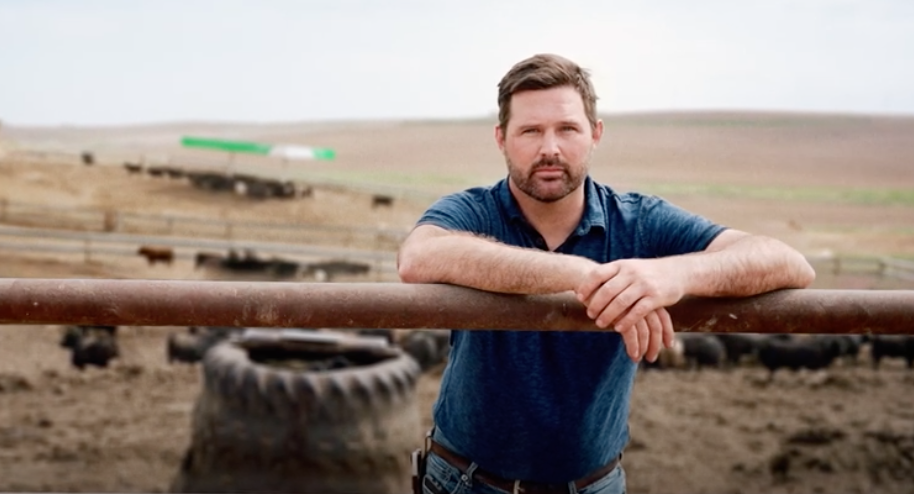The Iowa House on Thursday approved House File 589, which establishes new civil and criminal penalties for various offenses on farms, including unauthorized audio or video recordings. Nine House Democrats joined all of the Republicans present to pass the bill on a 66 to 27 vote. Click here for the full bill text (here’s a pdf version). The House Journal includes the roll call on this bill. The Democrats who voted yes were Deborah Berry (district 22), Dan Kelley (district 41), Helen Miller (district 49), Dan Muhlbauer (district 51), Brian Quirk (district 15), Roger Thomas (district 24), Kurt Swaim (district 94), Andrew Wenthe (district 18), and John Wittneben (district 7). Most of them represent largely rural or small-town areas, except for Berry, whose district includes part of Waterloo.
I’ve posted some of the controversial language in House File 589 after the jump. The bill raises constitutional questions; last year the U.S. Supreme Court struck down a federal law banning depictions of animal cruelty, citing First Amendment concerns. Yesterday in Des Moines,
Dan Hauff, investigations director for Chicago-based Mercy for Animals, said the law is likely unconstitutional under the First Amendment. He said it would inhibit investigative journalists from reporting on animal cruelty, environmental hazards and food safety issues on farms. He said the organization might bring litigation if the bill becomes law, but he hoped it wouldn’t make it that far.
Senator Tom Harkin said yesterday he hadn’t studied details on House File 589, but he argued against the idea behind the policy.
“Thankfully, because of whistleblowers and others doing undercover work, we are finding out about a lot of the abuses that are taking place in animal agriculture – and some of those abuses have just been awful,” Harkin said during a conference call with reporters.
House Agriculture Committee Chair Annette Sweeney, a cattle farmer who is the lead sponsor on this bill, defended the legislation, saying, “We are completely concerned about the health and well-being of our animals on our farms, and if we have individuals coming onto our farms and filming and not telling us they’re there, we are sincerely worried about the health and biosecurity.” Speaking for Democrats who voted against House File 589, State Representative Pat Murphy argued that “the overwhelming majority of farmers and people who own breeding facilities in Iowa operate very reputable businesses and treat their animals well,” but “you have to wonder” what the few who have problems at their facilities want to hide.
Des Moines-based advertising specialist Michael Libbie considers this bill a big public relations mistake:
[P]assing such legislation controlling and making the filming and distribution illegal makes ag look….bad. Very bad. […]
At a time when agriculture needs more, not less, friends and at a time when so many people have horrible misconceptions about farming and nearly zero relationships with farmers and ranchers…this bill is ill advised. Bad idea for agriculture, bad idea for farmers and ranchers….this will only fuel the fires of those who already think animal agriculture is evil. And for those who don’t, they just might start wondering, “So, what is going on they don’t want me to know about?”
I expect the Iowa Senate to approve this bill with minimal changes, and Governor Terry Branstad to sign it. Ultimately, courts will probably decide whether House File 589 or similar legislation being considered in Florida goes too far in restricting free speech.
UPDATE: A Bleeding Heartland reader commented by e-mail that Republicans like James O’Keefe’s secret sting videos (against NPR or ACORN, for example). Why should big ag receive special protection against that kind of exposure?
Continue Reading...

